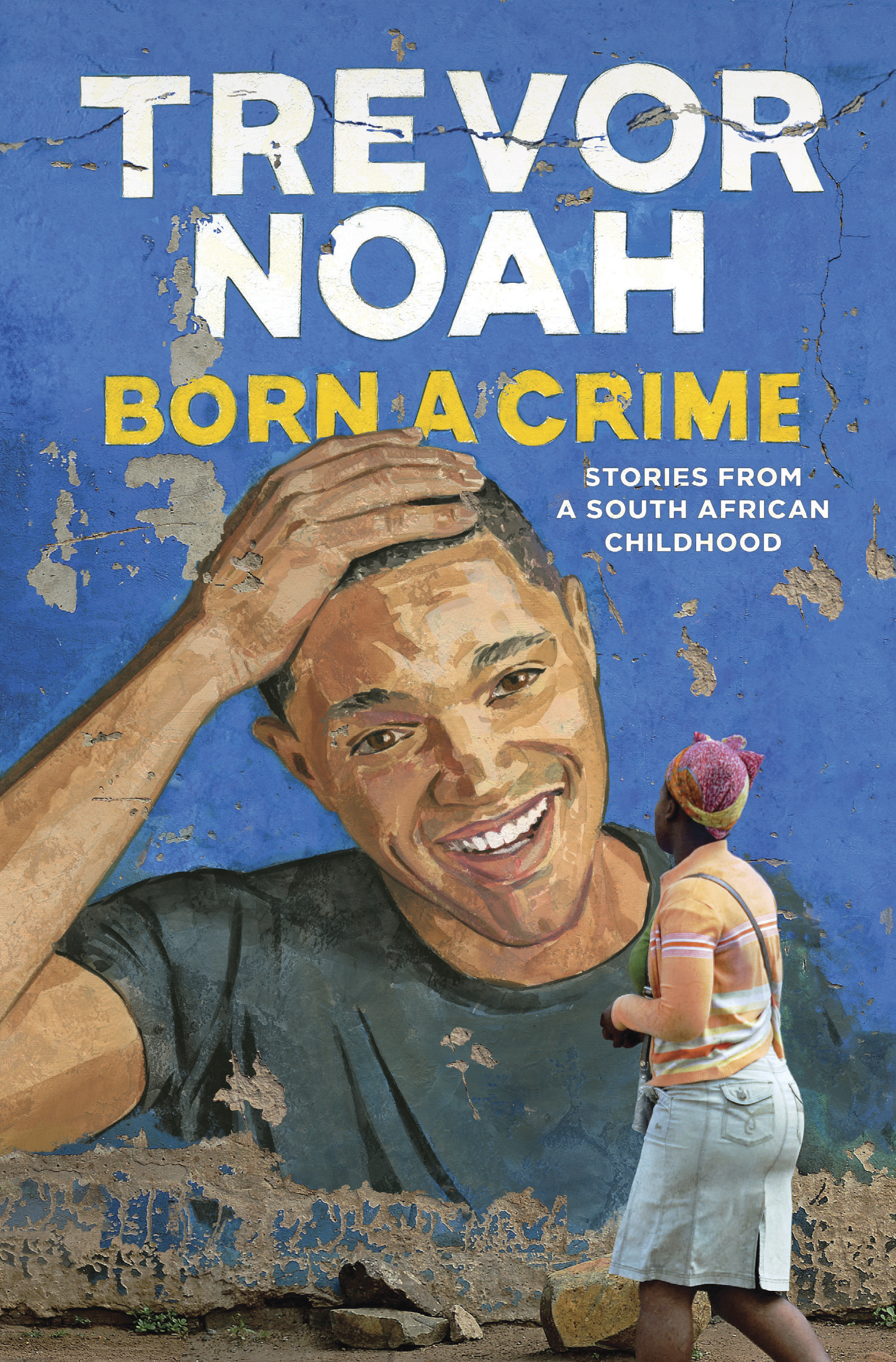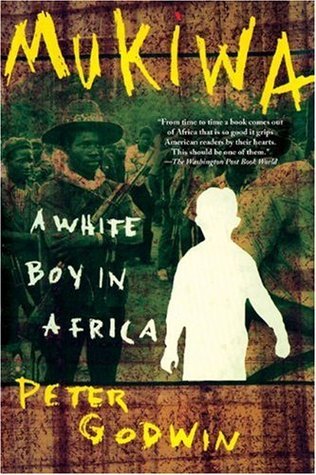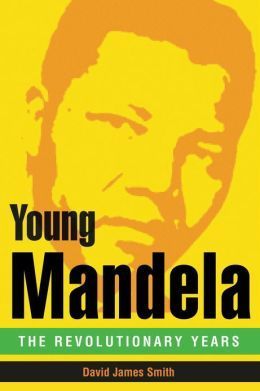
Born a Crime: Stories From a South African Childhood
Book Description
What does it mean to be born a crime? In a world where apartheid shaped every facet of life, Trevor Noah’s childhood unfolds like a gripping tale of resilience and humor. Packed with heart-stopping anecdotes, this memoir unveils the struggles and absurdities of growing up mixed-race in South Africa, where love defied the law and laughter became a lifeline. Each story reveals the powerful bond between family and the relentless defiance of an oppressive system. As danger lurked in every corner, how did one boy find joy and hope amid chaos? The answer is as surprising as it is inspiring.
Quick Book Summary
Born a Crime: Stories From a South African Childhood is Trevor Noah’s poignant and hilarious memoir recounting his life as a mixed-race child during and after apartheid in South Africa. Noah, the son of a Black Xhosa mother and a white Swiss father, was literally “born a crime,” as interracial relationships were illegal. Through a collection of vivid, deeply personal stories, Noah illustrates the challenges, dangers, and absurdities he faced growing up under an oppressive system. The book alternates between heartbreaking and comedic, highlighting his mother’s unwavering strength, their shared ingenuity, and the transformative power of laughter and resilience. Ultimately, Noah’s narrative explores identity, cultural complexity, and the bonds that shape and support us, offering a unique lens on South Africa’s turbulent history and the hope that perseveres in the face of adversity.
Summary of Key Ideas
Table of Contents
Navigating Identity and Race Under Apartheid
Trevor Noah’s memoir opens with a frank discussion of the bizarre, dangerous position his very existence represented in apartheid-era South Africa. As a child of both Black and white parents, Noah was classified as neither; segregation laws made his family illegal, forcing him to conceal his identity and live with a constant sense of peril. His childhood was marked by confusion and isolation, as he was often too Black for the white community and too white for the Black community, emblematic of the arbitrary cruelty of apartheid.
A Mother’s Unyielding Influence and Love
At the heart of the memoir is Noah's mother, Patricia, whose fierce love and unbreakable spirit become a source of strength and guidance. She is both a shield and a teacher, encouraging Trevor to think critically, embrace education, and defy the constraints imposed upon them. Her faith, pragmatism, and willingness to take risks shape Trevor’s worldview, even as they spar—at times humorously, at others poignantly—over religion, discipline, and survival strategies.
Using Humor as Survival and Resistance
Humor becomes a lifeline for Trevor throughout his youth, both as a means of deflecting danger and processing trauma. He learns to use comedy to navigate the social complexities of racially stratified communities and to traverse different linguistic and cultural boundaries. Laughter, in his world, is both shield and weapon, enabling him to connect with diverse groups, reduce tension, and reframe painful experiences into stories of hope and resistance.
The Impact of Poverty and Crime on Upbringing
The impact of poverty and exposure to crime form another major thread, as Noah’s family routinely grapples with scarcity, violence, and instability. He experiences firsthand the lure of illegal activity, the temptations of quick money, and the devastating effects that systemic deprivation and criminality have on young lives. These stories are told with a mixture of raw honesty and wry humor that underscores both the hardship and resilience inherent in his upbringing.
Finding Hope and Agency Amid Systemic Oppression
Despite adversity, the memoir is fundamentally about hope and agency. Noah’s journey from marginalized outsider to celebrated comedian and host of The Daily Show is traced back to the lessons learned in his youth: the courage to defy unjust rules, the ability to adapt, and the importance of forging one’s own path. Through his vivid storytelling, Noah transforms his personal narrative into a universal exploration of family, identity, and the possibility of overcoming seemingly insurmountable obstacles.
Download This Summary
Get a free PDF of this summary instantly — no email required.





